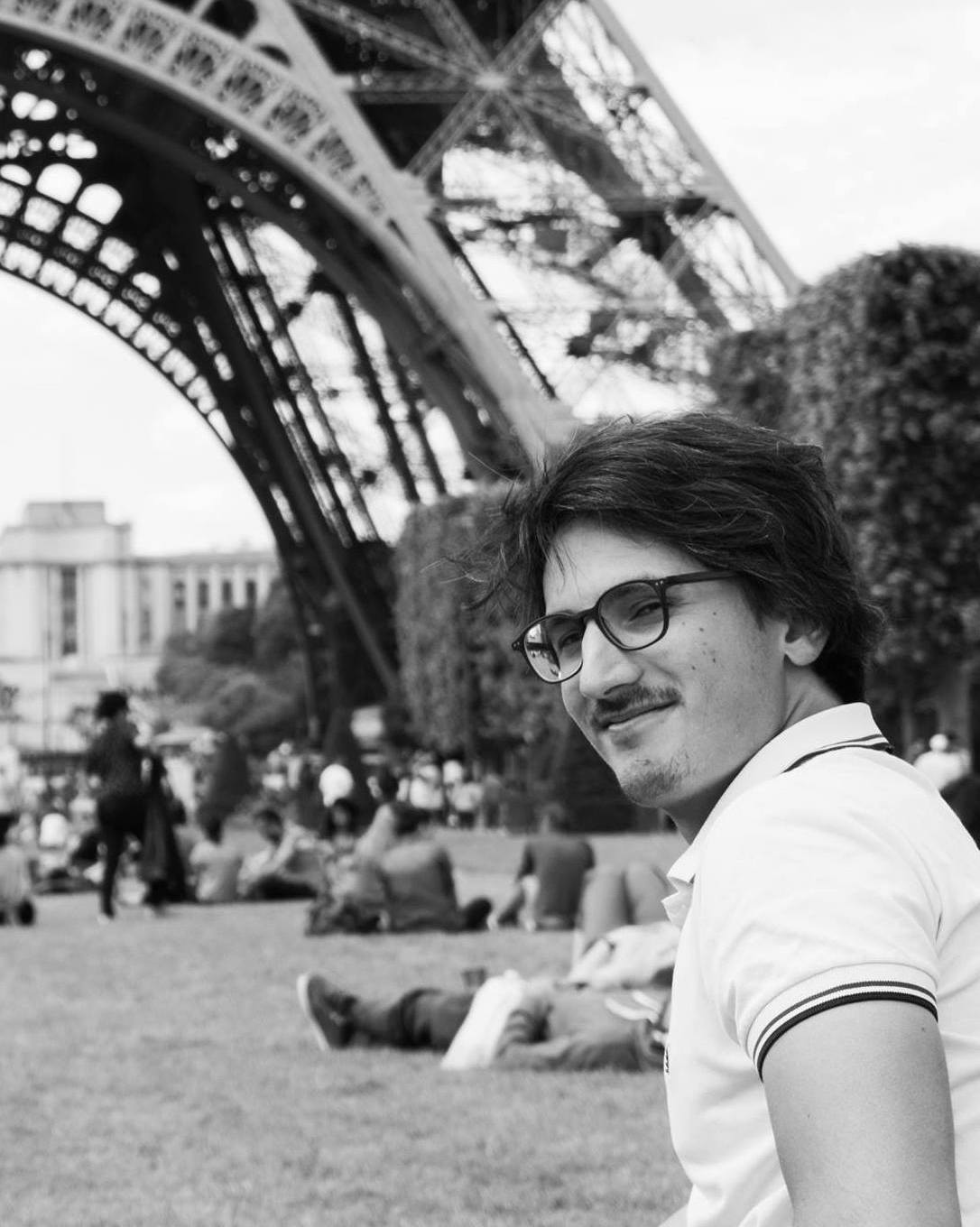About Me

I am Filippo Vicentini, Professor in Artificial Intelligence and Condensed Matter Physics at Ecole Polytechnique in the Paris area. I develop Machine-Learning-inspired classical and quantum algorithms to tackle hard computational problems arising in Quantum Physics.
I am an active scientific software developer.
Here you can find an outdated version of my Curriculum Vitae (november 2023) .
Bio
I moved to Paris to start a tenure-track Assistant Professorship at the Laboratory for Theoretical Physics of Ecole Polytechnique in April 2023. There I started a group (still looking for a catchy name) working on numerical methods, and the first PhD students and postdoc arrived throught the first half of academic year 2023/24.
Before that, I have been a Postdoctoral Researcher since september 2020 at the Computational Quantum Science Laboratory of EPFL, working closely with prolific scientist (and twitterer…) Prof. Giuseppe Carleo. In Lausanne I work on the foundations of Neural Quantum States; my goal is and has been to make those techniques more reliable and accessible to researchers. I have also developed several Open Source Software packages.
However, I was supposed to be at the Center for Computational Quantum Physics of the Flatiron Institute in New York, but a damned virus stranded me in Paris, from where I worked remotely before going to Lausane.
Before that, I was in Paris. I defended my Ph.D. in Theoretical Quantum Optics in December 2019 with a dissertaion titled “Stochastic and Neural Network Methods for Many-Body Open Quantum Systems”. This was the result of 3 years of work in the Quantum Matter and Phenomena Laboratory (MPQ) in Paris-Diderot University under the supervision of Cristiano Ciuti.
The beginning of my research focused on Driven-Dissipative phase transitions of Open Quantum systems (using existing a new numerical SDE integration schemes), but towards the end of my Ph.D. I started investigating how to use Neural-Network methods to solve Open Quantum Systems.
Before my doctorate, I spent some time at the Laboratoire Pierre Agrain under the supervision of Takis Kontos and Matthieu Dartiailh. During that time, I fabricated, intrumented, measured and modelled some spin-based Qubits. This is the same platform behind the C12 startup, with whom I have close ties.
Before that, I lived in Padova (my hometown), where I studied for most of my undergraduate in Physics. The University of Padova is my alma-mater, and I loved that old, beautiful university, but eventually left to finished my studies at the Master for fundamental Physics in Paris.
Scientific Software
Open source software plays a fundamental role in research in general and in the development of the field of Scientific Machine Learning in particular. Easy to use, well documented software package that implements numerical methods lowers the barrier of entry to the domain, as it serves both for a practical example of the math as well as a way for researchers not interested in the nitty-gritty details of computer programming to easily access those techniques.
NetKet is the starting-point and the most used toolbox in the field of NQS. NetKet is a project involving several researchers with different backgrounds, and i coordinate their contribution in such a way to grow the project. The overall aim of the NetKet project is to provide flexible implementations of most techniques published in the literature, that can be used as a starting point to perform new research.
NetKet is based on Google’s Jax, a differentiable programming Python’s framework. I have worked a lot with Jax since its early days, so I have developed several extensions. While in principle I prefer Julia to Python, Jax is very good and much better for my problem than Julia. Maybe one day I will go back to it.